The Community that Calls for Change Addresses West Covina Budget Issues
BY VIVIAN GOMEZ
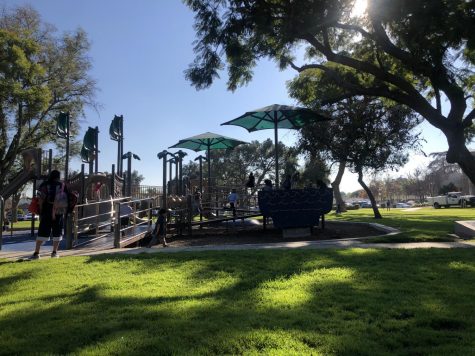
Across small cities nationally, the budget focus on traditional Public Safety has become a topic for discussion and debate for termination. With recent media attention on popular terms such as A.C.A.B, new local protests groups have used the phrase “Defund the Police” as an abbreviated expression that does not do it justice to encapsulate the goal; alleviating police responsibility onto those better equipped to deal with situations that are not criminal. This means health workers assist people with substance abuse issues, or not placing law enforcement within a school setting. On the contrary, there are also groups that vouch for the resignation of the police force and pushing money towards community services: housing, infrastructure, and programs.
Policing is an inherently violent tool for states everywhere. The violence used to facilitate inequalities and exploitation such as slavery, colonialism, and suppression of worker’s rights continues to play a major role in local cities, further reinforcing a systemically racist field. To utilize this tool for a broad range of issues within the community is damaging in also criminalizing things such as homelessness. In reality, heavy policing shares no correlation to decreasing crime within a community, research demonstrates. In especially low-income cities, mass incarceration is primarily a system of locking up lower-class men.
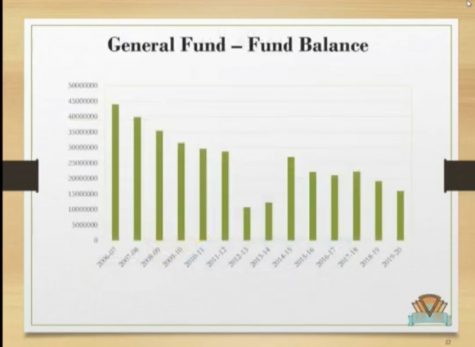
The city of West Covina possesses a little at over 16 million dollars in the general fund balance as of the 2019-2020 year, a dramatic gap compared to the 44 million it was in 2006-2007. Recent budget meetings and discussions from the past week reflect the differing perspectives of the future of the fiscal year 2020-2021. In those meetings, the general fund expenditures showed that the police made up 47% of the general fund, representing a preference to where tax money is being directed. Upsetting debate last year includes that the police salaries were set to hike up a shocking 12%, a raise that was meant to recruit and retain more officers.
Students such as Peter Dien, a prominent advocate to defund police, reiterates the importance of citizens to understand where their taxpayer dollars are going to. He is also part of a newly formed group, Change West Covina, which believes in pushing for the progressive change within the city.
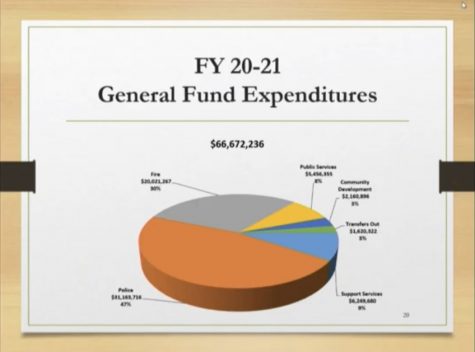
“A budget is a reflection of the city’s priorities. Right now, many budgets across the United States prioritize Public Safety despite national statistics showing violent crime to be decreasing.”
He adds, “It is time to stop looking at crime as if it is random and linear. We have to begin to reallocate funds back into the community to prevent crime in natural and more effective ways such as mental health specialists, affordable housing, crisis management.”
Colleen Rozatti has worked at West Covina High School and is also the elected city treasurer, as well as the leader behind the non-profit, West Covina Beautiful. She explains that the problem with the budget has been the history of poor leadership and lack of sufficient contracts to compete with other cities. With that being a focus of
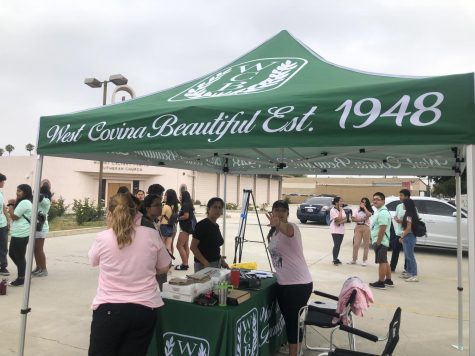
the city over the years, Police Chief, Richard Bell has stressed that the competition for being the best police department is critical in public safety. However, with the city being on it’s tight end of the budget and one of the lowest-paying markets, it is exemplified time and again that it is not in the city’s best interests to compete at this time.
She says the issue with the police department is “pension and retirement, that costs us a lot and it’s about 78% of the budget.”
The city’s tactics of approaching anything financial has always been to provided substance, but not sustenance.
Starting in 1936, the West Covina Police Department was highly respected. Frank Wells was one of the police chiefs deemed critical to the regards the department held, Rozatti claims. After his work ended, she says, is when things dissipated. Chiefs such as Dave Faulkner and Marc Taylor were those included in what she recalls as “settling for second best” due to the notion that nobody wanted to work for West Covina. During their time, there were more complaints and lawsuits that ensued. Rozatti shares a quick comparison.
“If you’re looking at Covina; ironclad contract, they have their rights, not the best pay but still have benefits.. You go to West Covina who doesn’t have a contract, on the lower paying end, poor leadership, and seasoned officers leaving to other cities that want to pay them, rookies that think they know it all. It is a product for disaster.”
In efforts to resolve these issues, the city found efforts to settle in at the pay. Rozatti states:
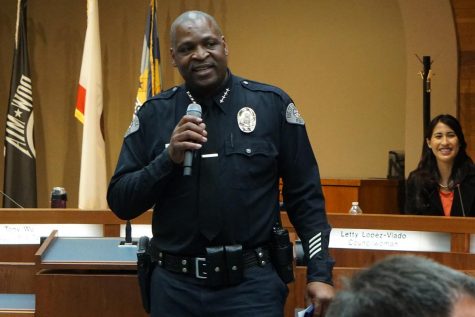
“What’s gonna stop the bleed is when the pay would allow us to recruit more people and retention. We had an agreement with the Police Officers Association where the department said ‘We’ll hold steady with these 79 officers if we’re able to bring our pay up and recruit them at a higher rate and entice them so we can get quality officers.”
Another issue was found within the sales tax measure placed on the ballot for the last election in March this year, Rozatti asserts. West Covina is currently at a 9.5% sales tax. Fire and police unions backed a measure for the sales tax, which would include a .75% increase that would go solely to West Covina, excluding the county and state that receives a portion of the sales tax currently. In addition, it would also promise to add a police and fire representative to a reformed city finance and audit committee, adding the responsibility for the oversight of the new sales tax. The changes to the finance and audit committee would also reduce it’s ability to independently monitor the city’s finances.
In response to adding the representatives, citizens referenced how the city cannot audit their own department. Furthermore, she recalls warning the police union.
“I told them to their face ‘You guys have rushed to put this together. You need to rethink how its worded. You all are asking to replace the finance and audit committee with a committee which would have a police and fire officer on there. That implies you want to get rid of it because the public is asking questions.‘ The union responded with the fact they could not change it because it was already sent in. I said it was going to backfire, and it did.” Shortly after, the measure did not pass due to the improper wording.
City Council refused to provide their thoughts and opinion on the measure, receiving heavy criticism from residents as well.
With two malls and a car dealership, Rozatti emphasizes,
“We were trying to get that point across: the tax was going to generate revenue unlike other cities who don’t have the same possibilities we do.”
However, Jim Grivich, who sits on the finance and audit committee, was an advocate for being anti-sales tax,
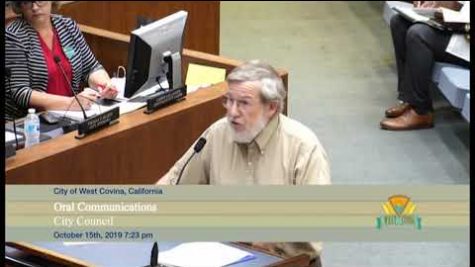
validating that tax increases would not save the city from bankruptcy due to the fact that police officer and firefighter raises would increase the city’s spending and pension liabilities. Pension liabilities were already ranked worst in the state, according to the State Auditor data. The measure failed to pass, and Rozatti comments that she believes “West Covina would be in a better place financially if it did”
Fire departments are also evidently being impacted by a lack of transparency. Annually, Fire Service day is an open house that provides information and demonstrations for the public to see the daily duties firefighters manage. It is held at one of the five fire stations located in West Covina, usually being Fire Station No. 2, near Cortez Park.
Rozatti articulates, “what the city and fire department has done is..Whenever you host a fire event, you do it at Cortez. Nice building, nice neighborhood. The public, when you have Fire Service day, they look at this stuff and say that the station is nice. Big high chairs, televisions, they have it good.”
“All the while, the other four stations are literally falling apart by the stairs. Stations are deteriorating, we don’t have the money for infrastructure, and I think if people saw how it was at other stations, it would’ve painted a different picture.”
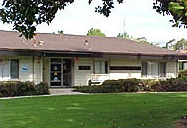
West Covina Fire Station No. 1 is deemed one of the stations under the worst and unstable conditions. With a dire need for construction or demolishment, the image the city tries to portray is vastly different than the reality.
The city chooses to stave off actual resolution and puts forth short-term, temporary solutions that have led us to the spiral of bankruptcy West Covina seems to be headed towards.
Rozatti concludes by reinforcing the loyalty she holds to West Covina,
“I don’t wanna be beholding to anybody other than the voters. There are other politicians who go out for the big bucks, and they’ll become beholding to the corporations. The last election, fire did endorse me because they said they need a position in tact who is going to hold city hall accountable. My loyalty is to the residents, I’m looking out for the tax dollars.”
With now currently 97 officers, the budget should be intent to drive on another focus. In the recent budget survey provided by West Covina, 65% of the responders believe in reducing the funds of the police department. Additionally, asking responders about what they considered to be the lowest priority of services, police was the returned answer.
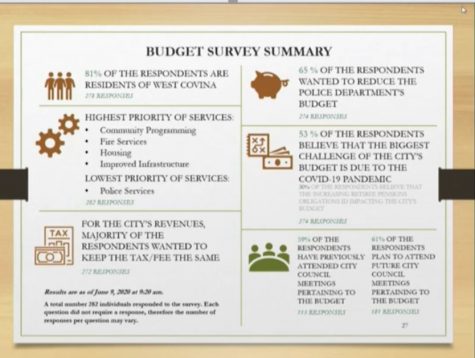
The prioritization to defund police does not mean that the budget for the police will be zero. Rather, it demands for communities to get a handle on overtime, shut down problematic programs, and shift those resources into alternative approaches that encourage public health and meet community needs. It is redacting the investment in low-income communities of color into the police. Even more, investing in ways to demonstrate how the system holds these people back than to provide a kickstart of economic progress for them. To see a progressive future for West Covina means demanding transparency, asking questions, and evolving the way we share ideas and information. Through community efforts, it is possible to transform West Covina into one that establishes a long overdue change.

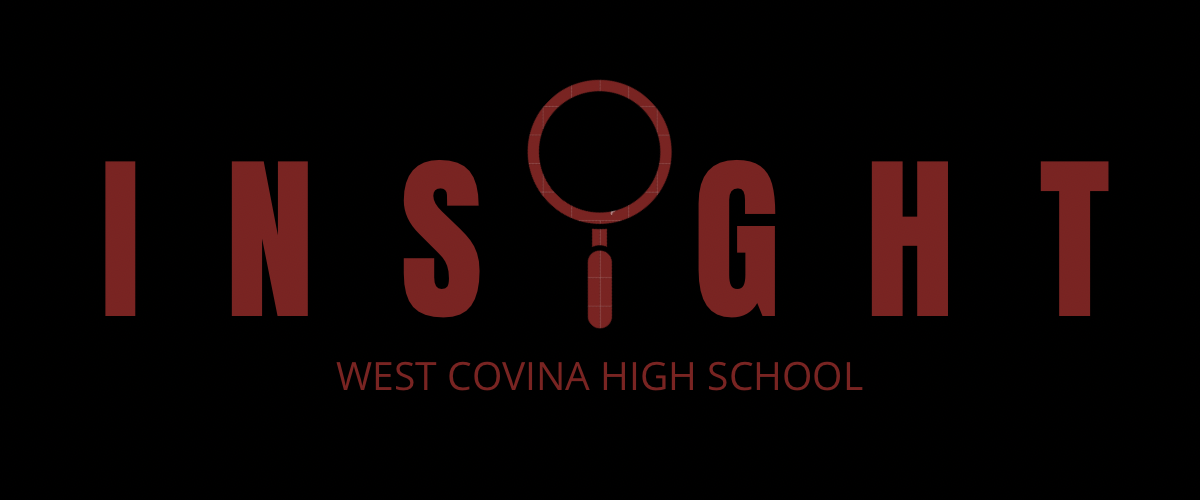
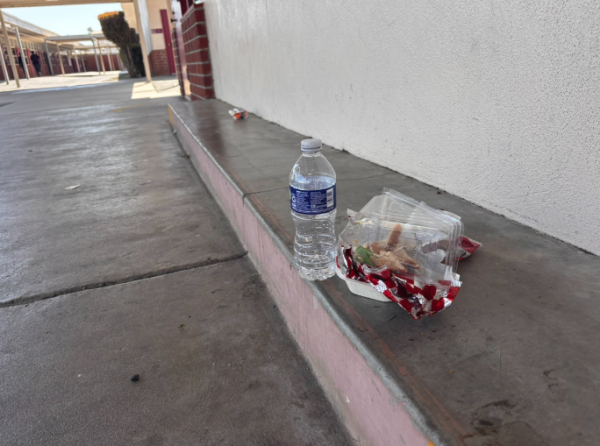



![Juniors and seniors purchase prom tickets on Friday, Mar. 21 at ASB. Underclassmen are allowed to go to prom with the invitation of a junior or senior, which has caused debates on why this should or should not be allowed. “... [Homecoming] is hosted at the school and it is cheaper compared to prom where it is hosted in a different venue which is obviously more expensive and overall a more sophisticated dance,” junior Joseph Castillo said.](https://wchsinsight.org/wp-content/uploads/2025/04/713D3A70-9822-44C1-AC88-432EA26CD738-450x600.jpeg)
Christopher • Jun 12, 2020 at 10:16 pm
Wow this is a great article it’s allowed me to see what the protest tomorrow is really about and the Benefits it can bring to our city.